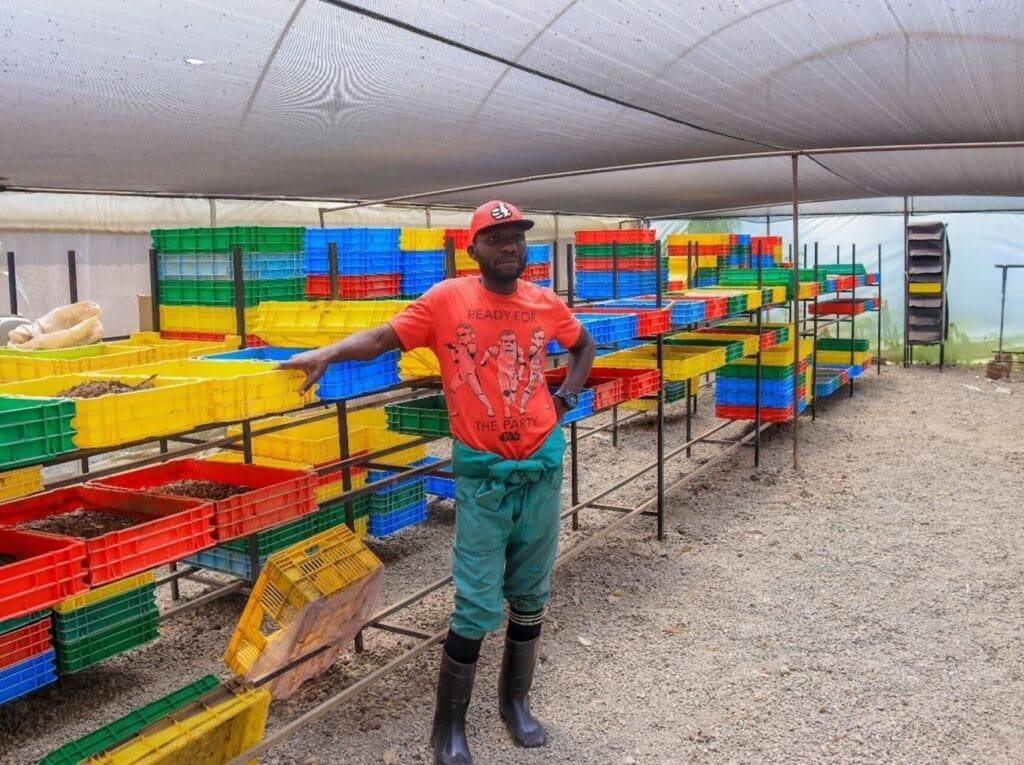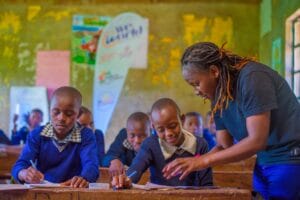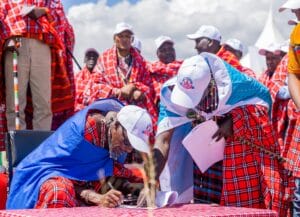
Peer-to-peer learning serves as a dynamic educational strategy, empowering youth to exchange knowledge and skills within a collaborative, cooperative framework. This approach not only enhances comprehension but also bridges the divide between theory and practical application. In an exemplary initiative under the Sikiliza Sauti Yetu: Dunia Inaita project, funded by the European Union, facilitated a peer-to-peer learning session at Ubuntu and YouthPrinua. Community-based organizations (CBOs) came together to explore tangible environmental solutions, fostering both learning and action.
A highlight of the session was guided by Stephen Omondi, also known as Dimore, who introduced participants to Ubuntu CBO's pioneering organic waste management system. This system utilizes the Black Soldier Fly (BSF) to transform organic waste into valuable compost and animal feed, presenting an eco-friendly solution that supports a circular economy.
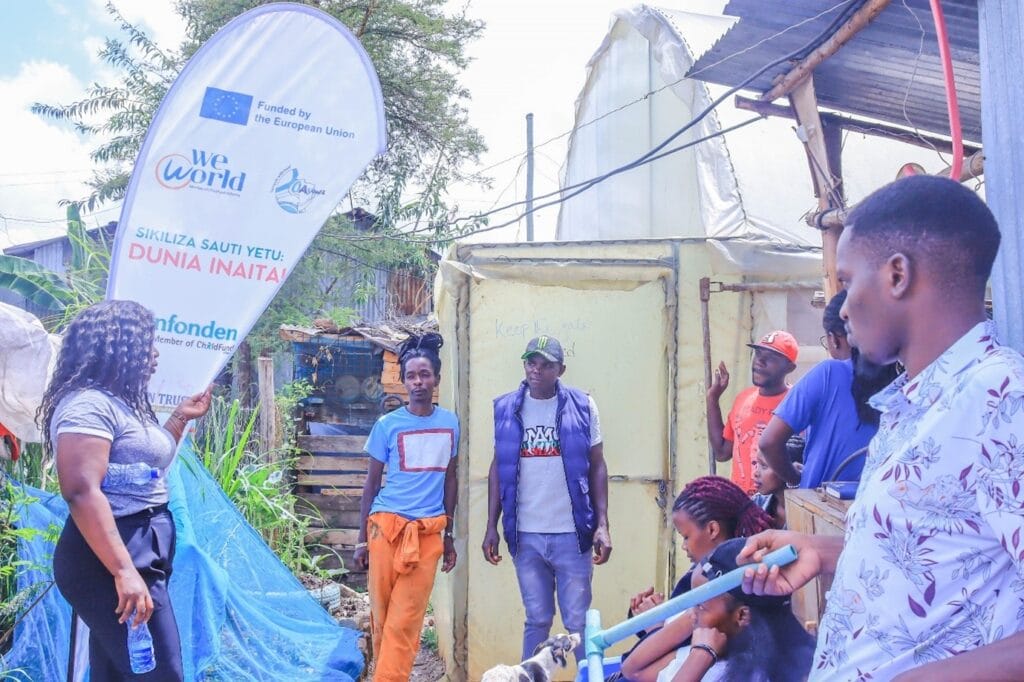
YouthPrinua CBO, with its focus on plastic waste management, demonstrated leadership in the circular economy through community collaboration to collect, sort, and recycle plastic and paper waste. Their innovative approach is underscored by several unique practices:
- They purchase plastic waste from local residents or trade it for clean water, addressing both environmental and social issues.
- They emphasize meticulous sorting of plastics by type, ensuring efficient recycling and value maximization.
- They operate a library and art space for children, integrating education with sustainability initiatives.

In addition to their business endeavors, these young entrepreneurs have tapped into traditional ecological knowledge, employing methods such as using rabbit urine as both a pesticide and a treatment for ringworm. This synthesis of indigenous solutions with contemporary environmental practices demonstrates the versatility and richness of peer-driven learning.
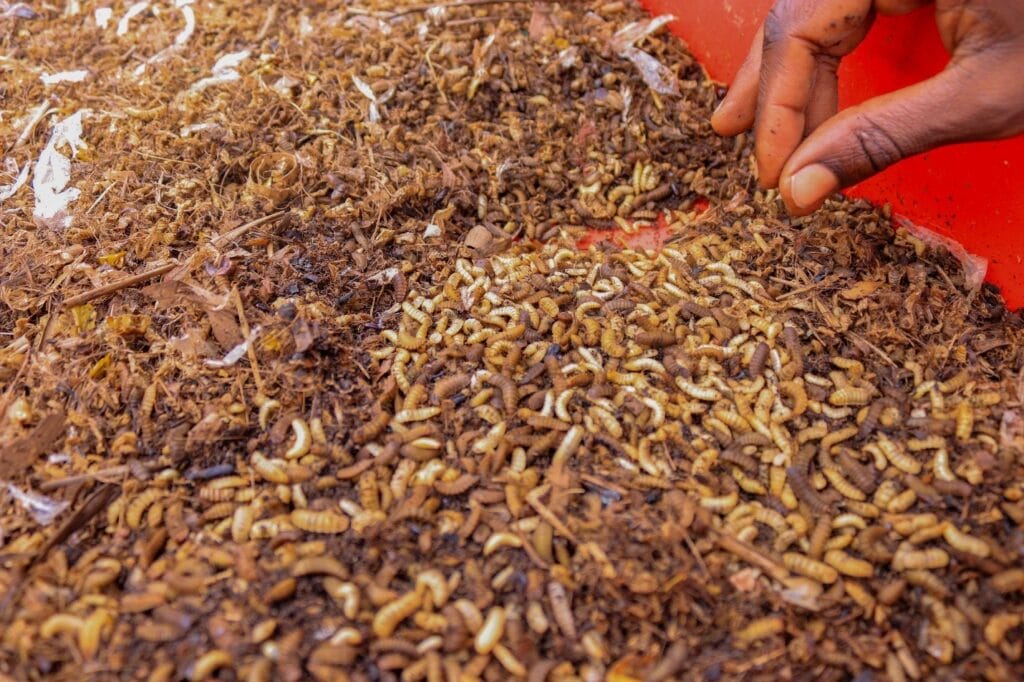
Through these youth-led initiatives, green skills are being promoted, transforming waste into wealth while fostering a sustainable, resilient future. This journey exemplifies the powerful impact of that young people can have when equipped with the right knowledge, resources, and networks. They become formidable agents of change, championing environmental sustainability and community development. As part of their culture, we planted a tree at a piece of land they are rehabilitating to mark our visit there.

